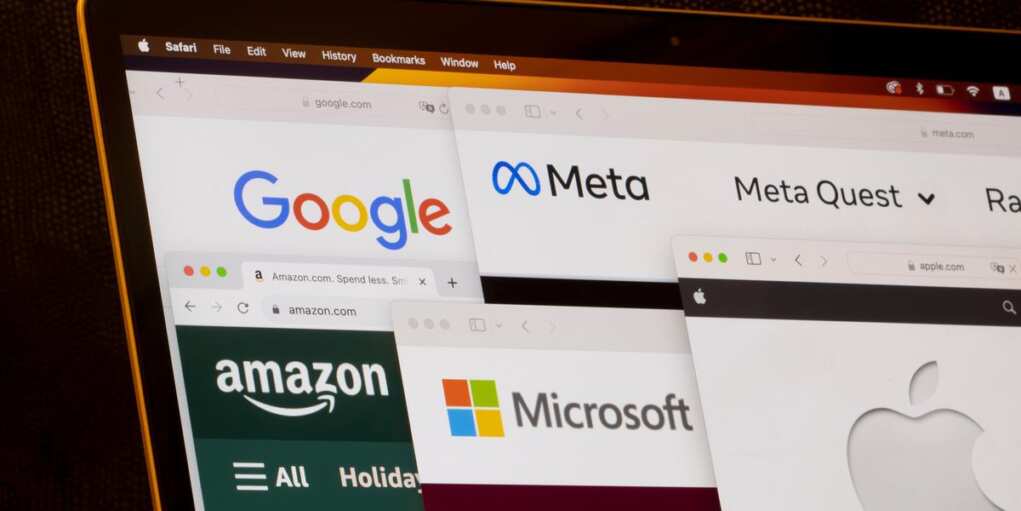Court Delivers Crushing Blow To Tech Titan In Monopoly Showdown

A federal judge has ruled that Google illegally monopolized key segments of the online advertising market, marking a second devastating legal defeat for the tech behemoth in less than a year.
In a 115-page decision, U.S. District Judge Leonie Brinkema found that Google violated antitrust law by locking down the ad exchange and publisher ad server markets—the very backbone of its multibillion-dollar digital ad empire. According to the ruling, Google “willfully engaged in a series of anticompetitive acts” to dominate the tools websites use to manage and sell advertising space.
The judge stopped short of labeling Google a monopoly in the tools advertisers use to buy ads, but the impact is undeniable. The ruling targets one of Google’s most profitable operations and sets the stage for a high-stakes showdown over potential corporate breakup.
This is Google’s second major antitrust defeat in less than a year. In a separate case involving its search engine, the company was already declared a monopoly. A trial begins Monday in Washington that could determine whether parent company Alphabet will be forced to sell off its Chrome browser—one of its core assets.
Judge Brinkema’s ruling underscores the scope and depth of Google’s misconduct. The company used its dominance to push publishers into using its ad placement tools and removed key features that would’ve allowed competitors to get a foothold. The result: a digital ad market where Google controlled both sides of the transaction, often pitting advertisers and publishers against each other for its own gain.
While the Department of Justice and several states had originally asked for a full breakup of Google’s ad tech division, the judge’s decision didn’t go that far—but left the door wide open. Brinkema ruled that Google’s controversial acquisitions, including DoubleClick and Admeld, were not inherently illegal, but acknowledged they played a major role in entrenching its monopoly power.
The ruling sent shockwaves through Silicon Valley, with Alphabet’s stock dropping over 3 percent before partially recovering. Google responded by promising an appeal. “We disagree with the Court’s decision regarding our publisher tools,” said Lee-Anne Mulholland, Google’s vice president of regulatory affairs. “Publishers have many options and they choose Google because our ad tech tools are simple, affordable, and effective.”
But critics say Google’s ad tech dominance is the result of coercion, not competition. Jonathan Kanter, former head of the DOJ’s antitrust division, called the decision a landmark victory for enforcement and transparency. “Google is now an illegal monopolist twice over,” he said.
Much of the government’s case focused on Google’s ability to exploit “network effects,” where dominance in one area fed its power in another. The more publishers and advertisers relied on Google’s system, the harder it became to operate outside of it.
Although the court stopped short of imposing sanctions for Google’s destruction of evidence, it concluded that the available documents were enough to prove the company’s misconduct.
The pressure is now building for meaningful accountability. With a second guilty ruling in hand, federal regulators and state attorneys general are expected to push even harder for structural remedies—including forced divestitures.
Google, once seen as untouchable, is now facing a moment of reckoning. And this time, the courts are no longer willing to look the other way. The era of Big Tech immunity may finally be coming to an end.
